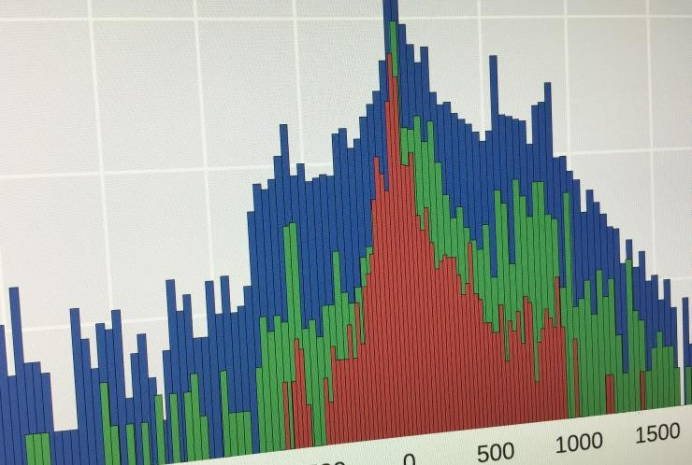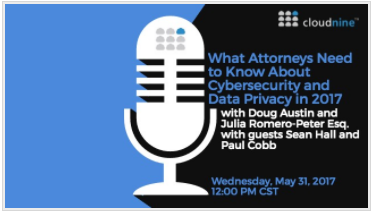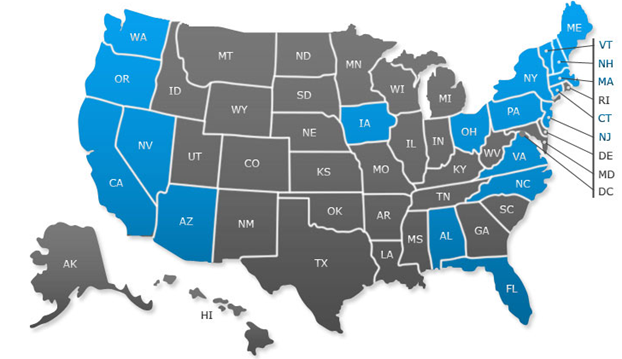Google Again Ordered to Produce Internationally Stored Data: eDiscovery Case Law
In the case In re: Search of Content that is Stored at Premises Controlled by Google, Case No. 16-80263 (N.D. Cali., Apr. 19, 2017), California Magistrate Judge Laurel Beeler, noting that the “SCA regulates disclosure of data in a service provider’s possession” ordered Google to “produce all content responsive to the search warrant that is retrievable from the United States, regardless of the data’s actual location”.
Case Background
A search warrant was issued in June 2016 that authorized production of information from specific Google email accounts regarding subscriber information, evidence of specified crimes, and information about the account holders’ true identities, locations, and assets. Google did produce data “confirmed to be stored in the United States” including emails, but did not include the attachments for emails because they were not “confirmed” to be stored in the United States. Google also moved to quash or amend the search warrant, which the government opposed, countering that the SCA authorizes production of data retrievable from the United States.
The court held a hearing in February 2017 and directed (1) the parties to submit a joint stipulation of undisputed facts relevant to the extraterritoriality analysis and (2) Google to provide information about its current ability to identify whether information is stored in the United States, given its representation at the hearing that it was finalizing a tool to identify whether or not content was stored in the United States. The parties provided additional information in March.
Judge’s Ruling
As in the previous ruling against Google, Judge Beeler reviewed the Second Circuit ruling (Matter of Warrant to Search a Certain E-Mail Account Controlled & Maintained by Microsoft Corp., 829 F.3d 197 (2d Cir. 2016)), where the Second Circuit denied the government’s efforts to compel Microsoft to provide emails in that case. However, Judge Beeler noted that “the parties stipulate that the only place to access the information is in the United States” and stated that “the conduct relevant to the focus — and what the SCA seeks to regulate — is disclosure of the data in the service provider’s possession…The service provider — Google — is in the district and is subject to the court’s jurisdiction; the warrant is directed to it in the only place where it can access and deliver the information that the government seeks.”
Judge Beeler, in denying Google’s motion to quash the warrant for content that it stores outside the United States and ordering it to produce all content responsive to the search warrant that is retrievable from the United States, regardless of the data’s actual location, concluded that “the disclosure is a domestic application of the SCA”.
So, what do you think? Should the location of the data or the location of the searches for the data determine whether it is subject to foreign data privacy considerations? Please share any comments you might have or if you’d like to know more about a particular topic.

Disclaimer: The views represented herein are exclusively the views of the author, and do not necessarily represent the views held by CloudNine. eDiscovery Daily is made available by CloudNine solely for educational purposes to provide general information about general eDiscovery principles and not to provide specific legal advice applicable to any particular circumstance. eDiscovery Daily should not be used as a substitute for competent legal advice from a lawyer you have retained and who has agreed to represent you.







